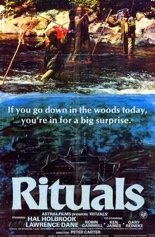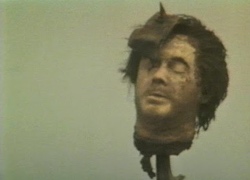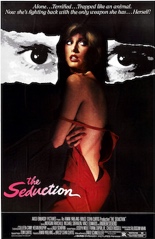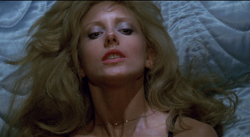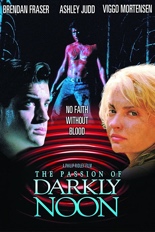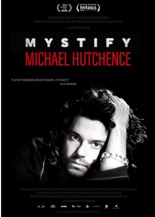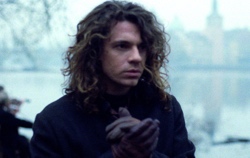
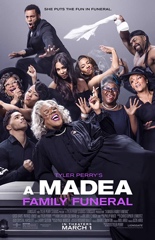 White nerds like to loudly announce that the Marvel Cinematic Universe is the greatest self-contained film series in movie history, but, you know, I’ve always found Tyler Perry’s Madea-verse to be a far richer tableau of real-life heroes and villains, with plenty of Christian-based dramedy-heavy life lessons sprinkled throughout the course of these 11 films, as well as plenty of stage plays set in the same continuity.
White nerds like to loudly announce that the Marvel Cinematic Universe is the greatest self-contained film series in movie history, but, you know, I’ve always found Tyler Perry’s Madea-verse to be a far richer tableau of real-life heroes and villains, with plenty of Christian-based dramedy-heavy life lessons sprinkled throughout the course of these 11 films, as well as plenty of stage plays set in the same continuity.
In A Madea Family Funeral, the supposed final film, Madea (Tyler Perry) and elderly friends Aunt Bam (Cassi Davis) and Hattie Mae (Patrice Lovely), as well as pervy Uncle Joe (Perry again), in between bragging about smoking weed and whoring around, walk in on the dead body of a family friend in the middle of coitus, leading to many, many jokes about the deceased’s engorged member.
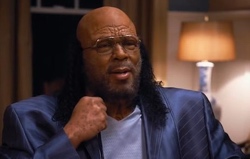 But, really, that’s only the initial premise for this relatable morality play about familial deception and brotherly jealously, alternating between lowbrow comedy and high-heavens preaching which, in Perry’s films, always works well, even if the movies have continued on with diminishing returns, at least plot-wise — I mean, have you seen Boo 2! A Madea Halloween 2?
But, really, that’s only the initial premise for this relatable morality play about familial deception and brotherly jealously, alternating between lowbrow comedy and high-heavens preaching which, in Perry’s films, always works well, even if the movies have continued on with diminishing returns, at least plot-wise — I mean, have you seen Boo 2! A Madea Halloween 2?
Probably not.
For me, though, Madea is still in top comedic form here, fucking with everything in her way from racist white cops high on pulling the trigger to the stereotypical length of most black funerals; it’s a self-made formula that has commercially pleased audiences for about 15 years now, except for white nerds, of course.
To paraphrase a once-popular saying, make mine Madea! —Louis Fowler


